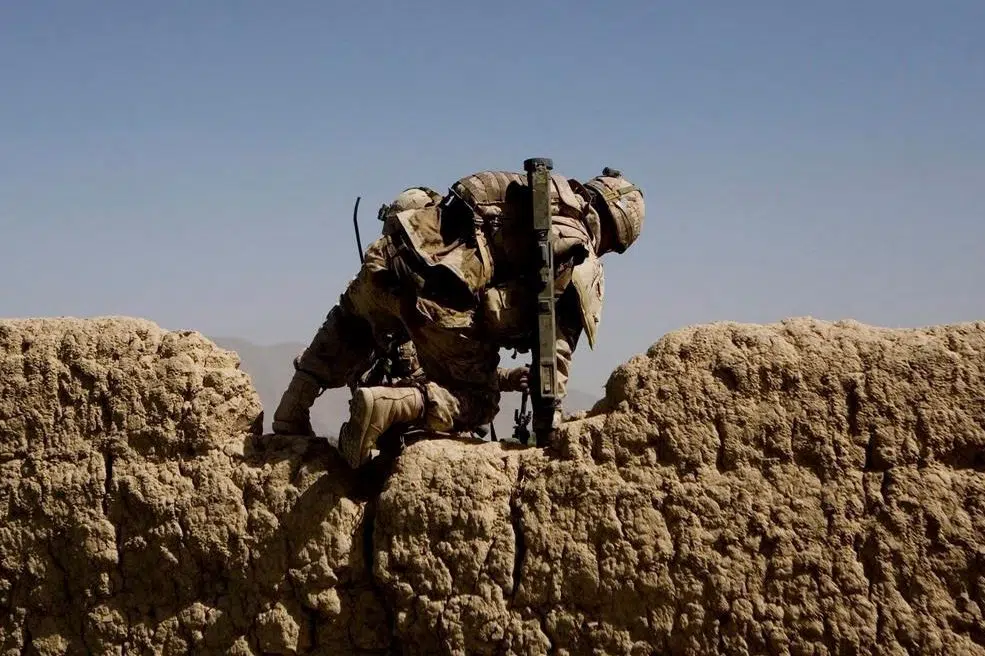OTTAWA — A spike in military suicides during and after Canada’s decade-long war in Afghanistan may be subsiding, according to a new report, but some service members remain at increased risk of taking their own lives.
The report from the Canadian Forces’ medical branch released Tuesday is the latest in a long list of studies looking at suicides among service members and veterans, many of which have linked such tragedies with overseas deployments.
Yet the new report suggests the opposite as researchers found that between 2015 and 2017, military personnel who served in Afghanistan and elsewhere appeared less likely to take their own lives than those who had not deployed.
“This most recent finding, which fell just short of statistical significance, suggests that the pattern seen during and following the Afghanistan conflict may be shifting,” reads the report signed off by surgeon general Brig.-Gen. Andrew Downes.
The researchers still warn that full-time male soldiers in the army remain at “significantly increased risk” of taking their own lives than counterparts in the navy, air force and the general public.
That has been a common finding in many such reports since a rash of military suicides in 2013 forced the issue into the public consciousness and sent the military scrambling to figure out the causes and possibilities for prevention.
More than 155 active service members have taken their own lives since 2010. That nearly equals the 158 killed while serving in Afghanistan from 2001 to 2014.
The most recent report was written in November but only released Tuesday and does not include any analysis of the circumstances around the 15 service members who took their own lives last year.
It also only focuses on full-time males in uniform due to the relatively small number of suicides among female service members and reservists. And it does not account for any veterans who have taken their own lives.
The Canadian Forces for years resisted suggestions service members were more at risk of suicide than the public, but a landmark study from Veterans Affairs Canada last year found the opposite.
The results of that study, based on a comprehensive review of records from 1976 to 2012, showed that the risk of suicide among male veterans of all ages was 36 per cent higher than in men who had never served in the Canadian military.
Even more worrying was that the risk was significantly higher among younger male veterans, with those under 25 being 242 per cent more likely to kill themselves than non-veterans of the same age.
The risk among female veterans was also found to be alarmingly high: 81 per cent greater than for women who hadn’t served. Age was not found to be as significant a factor when it came to female veterans.
In late 2017, the Department of National Defence and Veterans Affairs Canada unveiled a new suicide-prevention strategy with new services and supports for service members and veterans.
While Tuesday’s report does not look at whether those efforts have been successful, it does look at some of circumstances around the 13 full-time male service members who took own lives in 2017.
All 13 were found to have reported at least one problem at work or home, with seven experiencing marital difficulties, nine having gone through the death of a family member or friend and eight experiencing difficulty at work.
Nearly one-third had also reported having problems with an addiction or substance-abuse while five were found to have either thought about or previously attempted suicide. It does not say what support they did or did not receive.
— Follow @leeberthiaume on Twitter.
Lee Berthiaume, The Canadian Press







